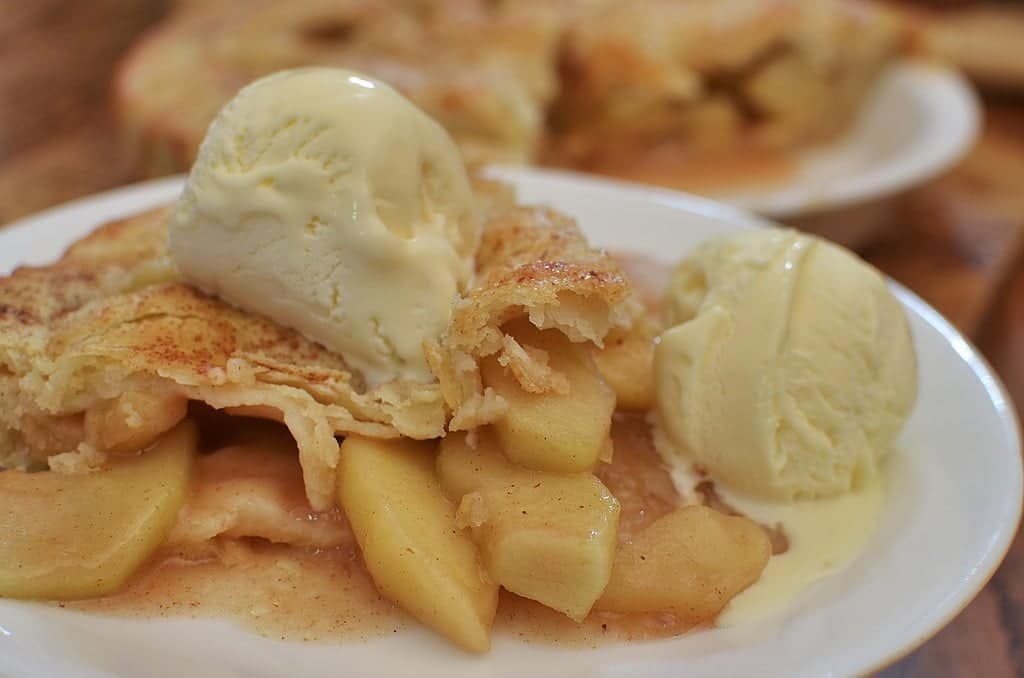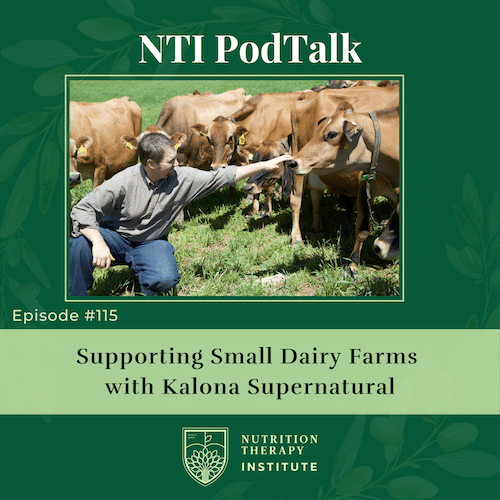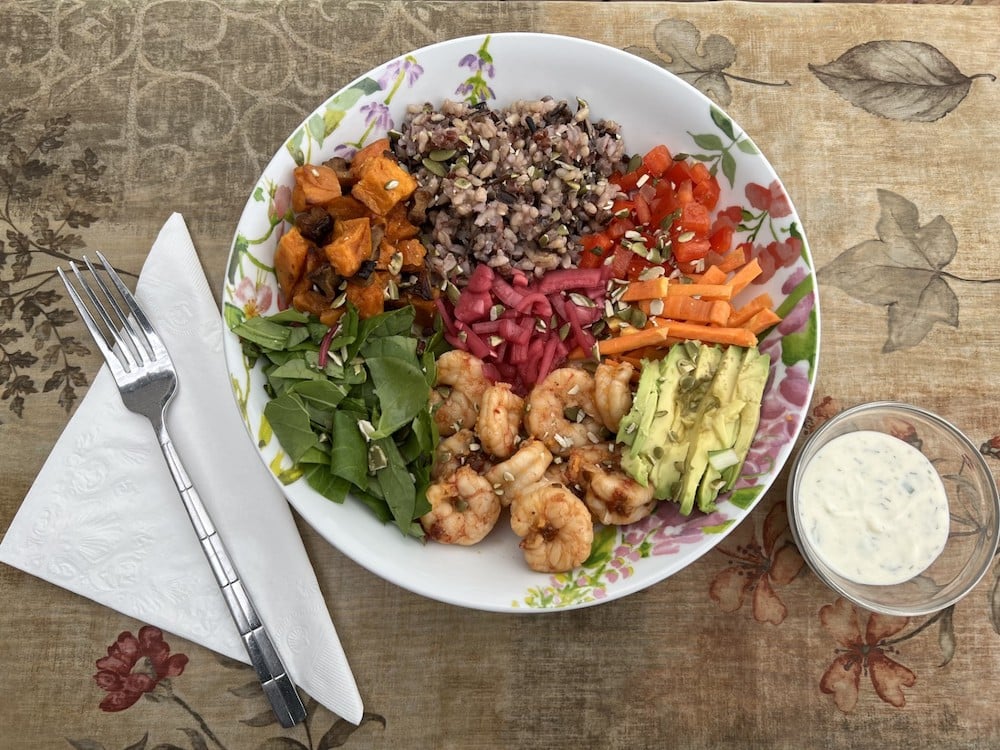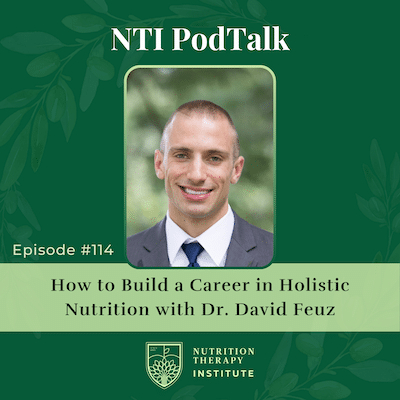
Share this post!
How can we enjoy holiday festivities, and also engage with sugar in a way that isn’t destructive to our health? Let’s first take a look at sugar’s role in the body, the different forms it occurs in, and why as a habit, sugar’s so dang hard to kick.
I recently attended a birthday celebration for a friend in Boulder that had an incredible spread of homemade snacks, nut milks, kefir water and festive treats. After enjoying a brownie that a guest had hailed “sugar-free”, I inquired as to how she got them so deliciously sweet? She said, “maple syrup!”
I’m sorry to tell you my friends, that maple syrup is not sugar-free.
Sugar Cravings
With the holidays approaching, many of us are gearing up for the influx of sweets that inevitably accompany social gatherings. We’re pulling our favorite cookie recipes, organizing sweet swaps, and anticipating that extra five pounds that typically accompanies the new year.
Have you ever noticed that after times of increased sugar consumption, i.e. winter holidays or extended vacations, you have a tendency to crave sugar more consistently? This could be due to a number of reasons, but specifically because of the highly addictive nature of sugar. A study done in 2007, by researchers from the University of Bordeaux and James Cook University, found in rats that, “Intense sweetness can surpass cocaine reward, even in drug-sensitized and -addicted individuals.”[i]
This dismal information reflects the fact that sugar is one of the most addictive substances known to humankind. It has been linked to increased risk for obesity, cardiovascular disease, diabetes and other inflammatory conditions like rheumatoid arthritis. It therefore begs the question: How can we enjoy holiday festivities, and also engage with sugar in a way that isn’t destructive to our health? Is there a way?
Let’s first take a look at sugar’s role in the body, the different forms it occurs in, and why as a habit, sugar’s so dang hard to kick.
The Role of Sugar
Simple sugars are monosaccharides, or the most basic form of the macronutrient carbohydrate. This means that they are the fastest to be absorbed and act as a quick-burning source of energy for the body.
Sugar comes in three forms:
- Glucose – found in most carbohydrates. Also referred to when talking about blood sugar
- Galactose – naturally occurring in milk
- Fructose – naturally occurring in fruit and honey
Glucose and galactose are absorbed almost immediately by the small intestine and produce a quick rise in blood sugar. Fructose is absorbed a bit slower, and doesn’t impact blood sugar. Once absorbed, the blood carries monosaccharides to the liver, where they are converted to glycogen for storage or sent directly to the cells if fuel is needed.
How Sugar Impacts Body Function
While sugar plays a major role in energy metabolism, it also impacts many other systems. For example, simple carbohydrates raise serotonin levels. Serotonin is the neurotransmitter responsible for eliciting feelings of joy, peace and relaxation. Balanced serotonin levels also support impulse control, or the ability to “just say no.” When a diet is high in sugar, serotonin becomes dysregulated: people crave the happy feeling brought on by the boost in serotonin and turn to sugar to fill that role. Think of kids experiencing a surge of energy and happiness and then having a crash or come-down – it truly mimics the effects of recreational drugs.
Sugar also impacts systems outside of metabolism and neurotransmitter activity. It is responsible for:
- Dysregulating the immune system
- Impairing absorption of vitamins and minerals
- Raising adrenaline levels in children
- Impairing kidney function
Up Next:
So, how is it that we can enjoy tasty indulgences without throwing our bodies too far out of balance? There are alternatives to sugar that are slightly more supportive of our health, which I’ll detail in The Scoop on Sugar: Part 2. But for now, keep in mind that when it comes to sugar, less is more.
As you enter into the holiday season, maintain the commitment to treat yourself in moderation. Even though celebrations warrant imbibing and indulging, take care to honor your body with mindful intake of triggering foods, regular exercise, and self-care practices. This will help keep your body functioning optimally.
Stay tuned for The Scoop on Sugar: Part 2, where I’ll explain hidden sources of sugar, list my favorite sugar alternatives, and explain how to use them when crafting those delectable holiday baked goods.
Related reading…
Anneliese Pyatt is a certified Master Nutrition Therapist, an NTI graduate, and has a thriving practice, Wildflower Family Wellness, specializing in educating parents about how to support their struggling and dysregulated children.
Nutrition Therapy Institute-Optimal Health Through Nutrition Education
If you are interested in learning more about the comprehensive education offered at NTI please check out the Nutrition Therapist Master Certification and Natural Food Chef program.
[i] Lenoir, Magalie, Fuschia Serre, Lauriane Cantin, and Serge H. Ahmed. “Intense Sweetness Surpasses Cocaine Reward.” PLoS ONE. Public Library of Science, 1 Aug. 2007. Web. 31 Oct. 2016.
Image by jeffreyw is licensed under CC BY 2.0
Share this post!


















